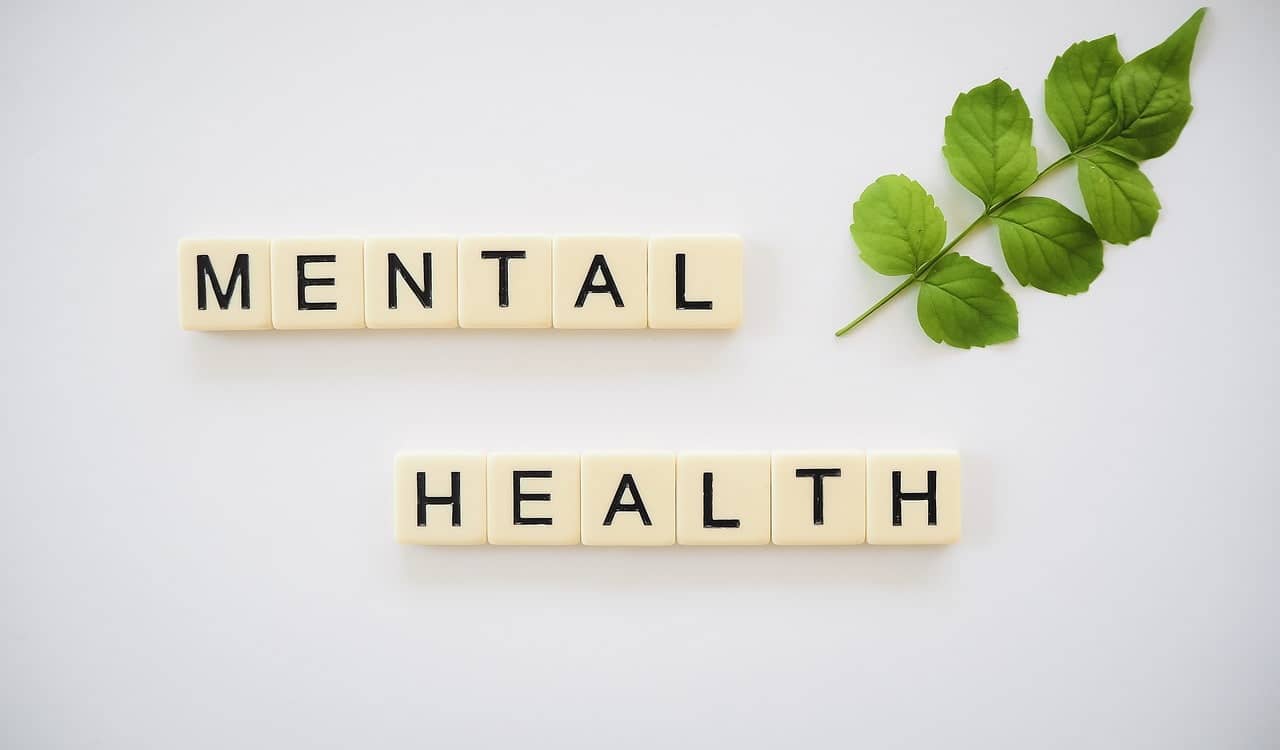Maintaining mental health is as crucial as physical health and making small daily changes can have a significant impact. Here’s a guide to improving your mental health every day with practical actionable tips that are easy to implement.
Introduction to Mental Health
Mental health affects how we think, feel and act. It also determines how we handle stress, relate to others and make choices. Given its importance integrating daily habits that promote mental well-being is essential.
1. Start Your Day with Positive Affirmations
Starting your day with positive affirmations can set the tone for the rest of the day. Affirmations are simple statements that can help you challenge and overcome self-sabotaging thoughts.
Example Affirmations:
- “I am strong and capable.”
- “I can handle anything that comes my way.”
- “Today, I choose happiness and peace.”

2. Prioritize Sleep
Adequate sleep is vital for mental health. Lack of sleep can affect your mood, energy levels and ability to cope with stress. Aim for 7-9 hours of quality sleep each night.
Tips for Better Sleep:
- Establish a bedtime routine.
- Avoid screens before bed.
- Keep your sleeping environment cool and dark.

3. Practice Mindfulness and Meditation
Mindfulness and meditation are powerful tools for reducing stress and improving mental clarity. Taking just 10-15 minutes a day to meditate can greatly impact your mental well-being.
Simple Meditation Techniques:
- Focus on your breath.
- Practice mindful observation of your surroundings.
- Use guided meditation apps.

4. Stay Physically Active
Exercise is not just for your body; it’s also for your mind. Regular physical activity releases endorphins which are natural mood lifters. Aim for at least 30 minutes of moderate exercise daily.
Types of Exercise to Try:
- Walking or jogging in nature.
- Yoga or Pilates.
- Group sports or fitness classes.

5. Connect with Others
Human connections are vital for emotional well-being. Spending time with loved ones even if it’s just a phone call can help reduce feelings of loneliness and isolation.
Ways to Connect:
- Schedule regular meet-ups with friends or family.
- Join a community group or club.
- Reach out to someone you haven’t spoken to in a while.

6. Eat a Balanced Diet
Your diet plays a significant role in your mental health. Eating a balanced diet rich in fruits, vegetables, lean proteins and whole grains can improve your mood and energy levels.
Nutritional Tips:
- Incorporate omega-3 fatty acids found in fish.
- Avoid excessive sugar and processed foods.
- Stay hydrated throughout the day.

7. Practice Gratitude
Gratitude can shift your focus from what’s wrong in your life to what’s right. Keeping a gratitude journal where you write down three things you’re thankful for each day can help foster a positive mindset.
Benefits of Gratitude:
- Increases happiness.
- Reduces depression.
- Strengthens relationships.

8. Limit Social Media Use
While social media can be a great way to stay connected, excessive use can lead to feelings of inadequacy, anxiety and depression. Set boundaries for your social media usage.
Tips for Managing Social Media:
- Set specific times for checking social media.
- Unfollow accounts that make you feel negative.
- Engage more in real-life interactions.

9. Seek Professional Help When Needed
There’s no shame in seeking help from a mental health professional. If you’re feeling overwhelmed a therapist or counselor can provide the support and tools you need to navigate through tough times.
When to Seek Help:
- Persistent feelings of sadness or anxiety.
- Difficulty coping with daily tasks.
- Struggling with relationships or work.

10. Make Time for Fun and Relaxation
Life can be stressful but it’s important to take time to relax and do things you enjoy. Whether it’s a hobby watching a movie or spending time with loved ones make sure to carve out time for activities that make you happy.
Ideas for Relaxation:
- Reading a book.
- Listening to music.
- Taking a bubble bath.

Conclusion
Improving your mental health doesn’t have to be complicated. By incorporating these daily habits into your routine you can enhance your well-being and lead a more balanced and fulfilling life.

